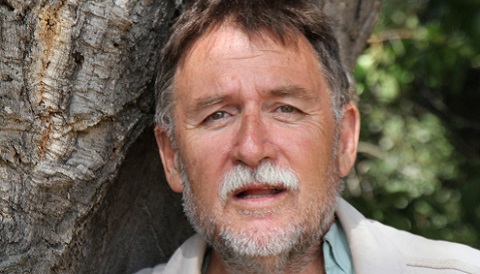Martí Boada appointed scientific advisor to the UNESCO

26/05/2017
Martí Boada has joined the organization, based in Paris, as a consultant for the Man and Biosphere Programme (MAB) included in the Division of Ecological and Earth Sciences. Dr Martí Boada, who is the director of the research group "Conservation, Biodiversity and Global Change (Nycticorax)" at ICTA-UAB, will be in charge of evaluating the proposals for new biosphere reserves in the countries of Latin America and the Mediterranean Basin and North Africa. In addition to determining which proposals are worthy of the accreditation of this protective figure of biodiversity, he will review those existing reserves which have not reached the established objectives and to which the accreditation could be withdrawn. In addition, Dr Boada will continue to monitor the UNESCO Mediterranean Biosphere Reserves Network.
Boada, who has settled in Paris, will combine this work with his teaching work at the SAES master's degree and the doctoral programme in Environmental Science and Technology of ICTA-UAB. He assures that this appointment is a stimulating challenge that will allow him to contribute new concepts to the field of environmental thought from a planetary vision. "Until now it was believed that nature was on one side and humans on the other, but this has changed. It is as important to conserve the forest as people, because ecosystems must also take into account the natural and social history of the area", he points out.
Biosphere Reserves, coordinated by UNESCO's Man and Biosphere Programme (MAB), are representative areas of Earth's territories and landscapes, terrestrial, coastal and marine environments, and aim to reconcile nature conservation and socio-economic development. Its World Network of Biosphere Reserves currently includes 669 sites in 120 countries all over the world, including 16 transboundary sites.